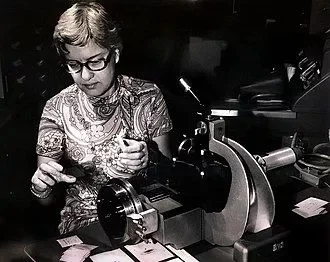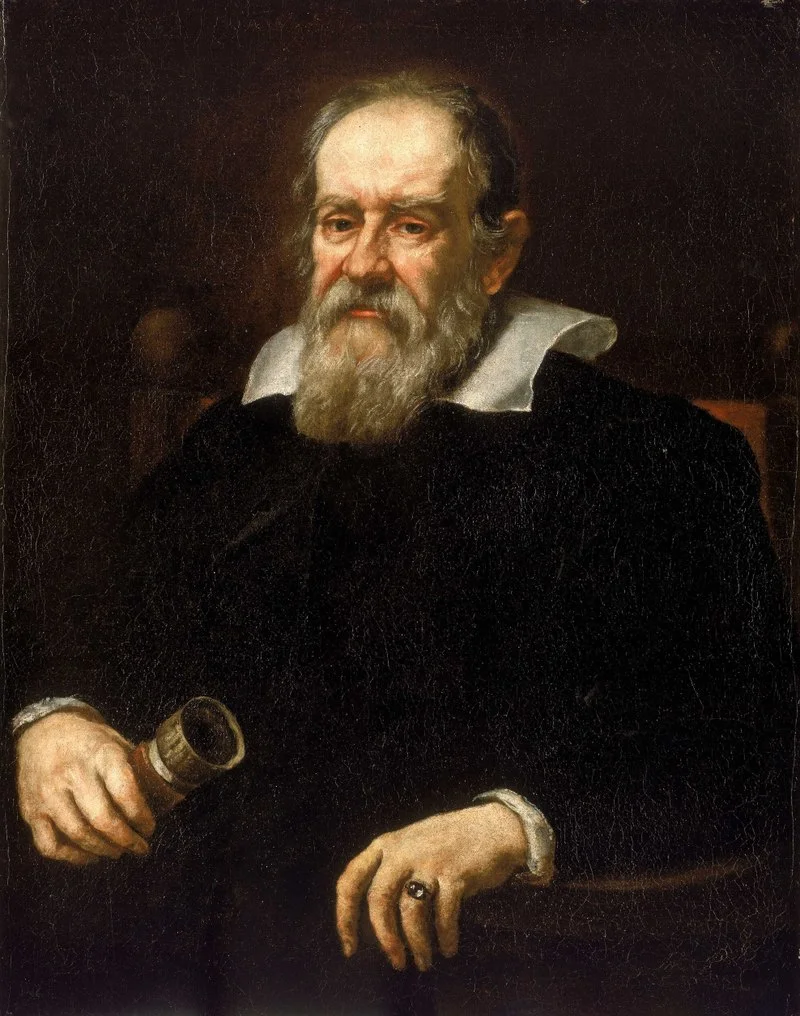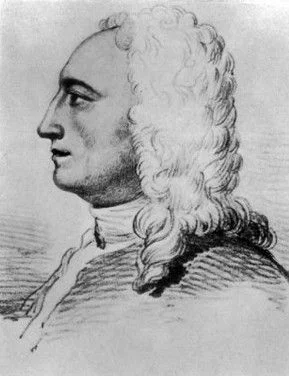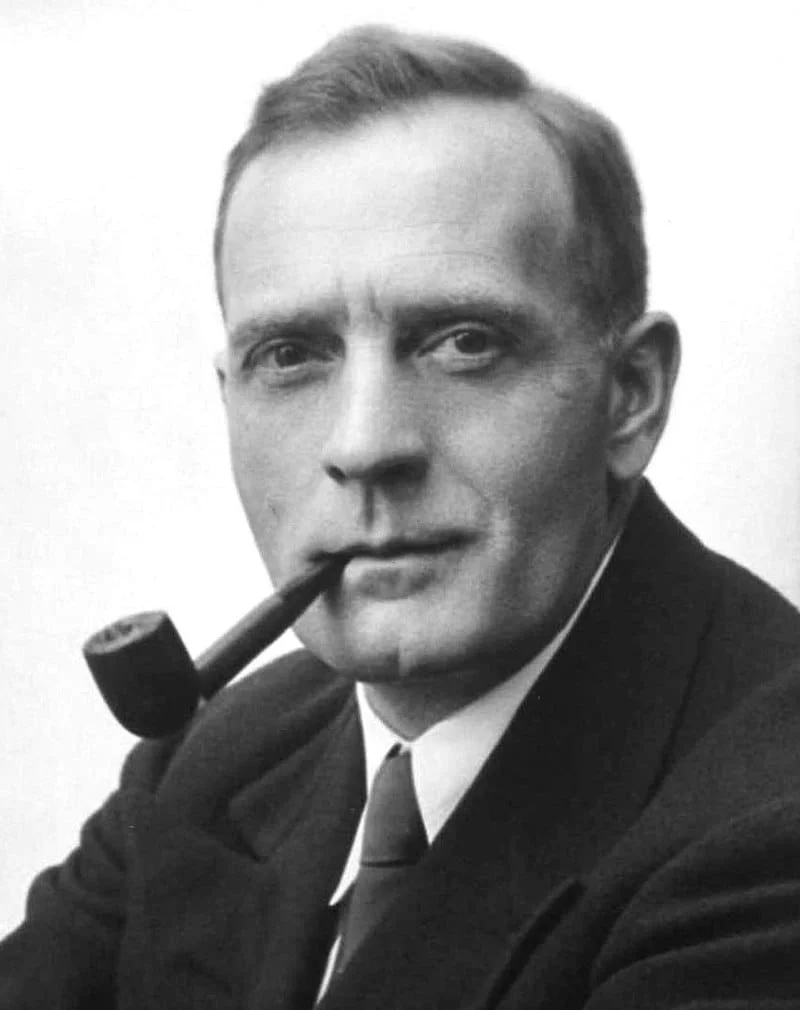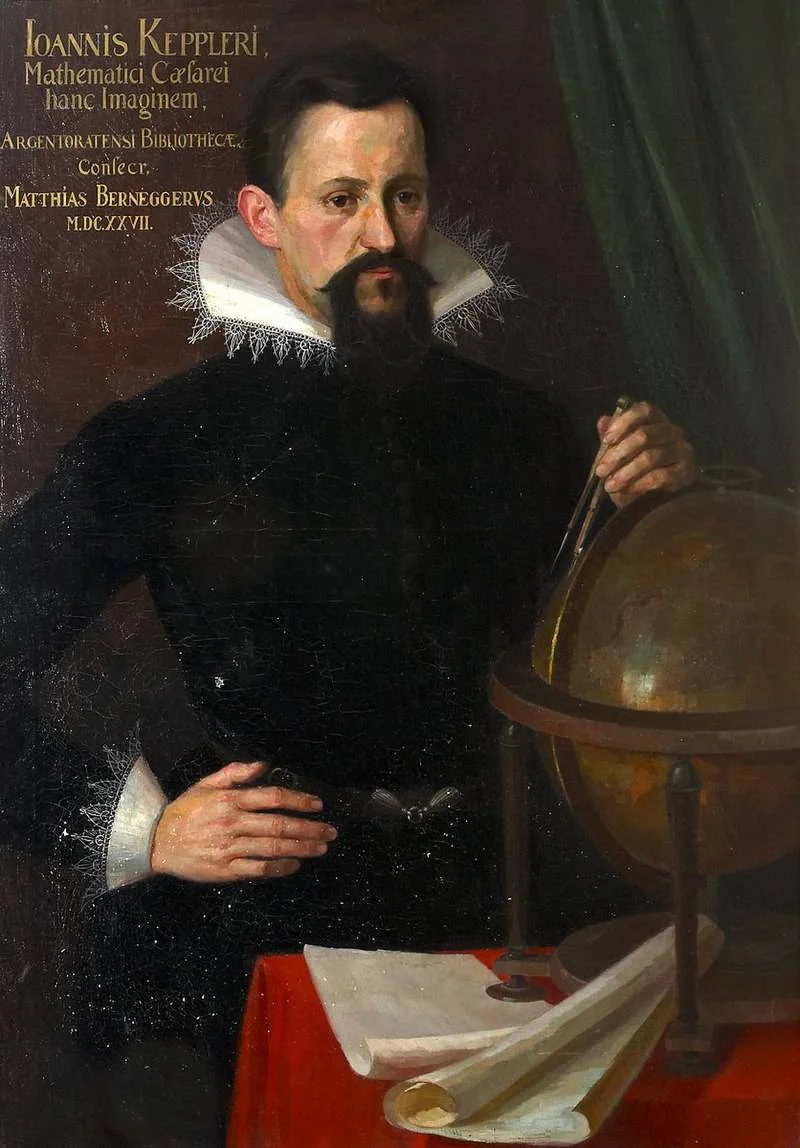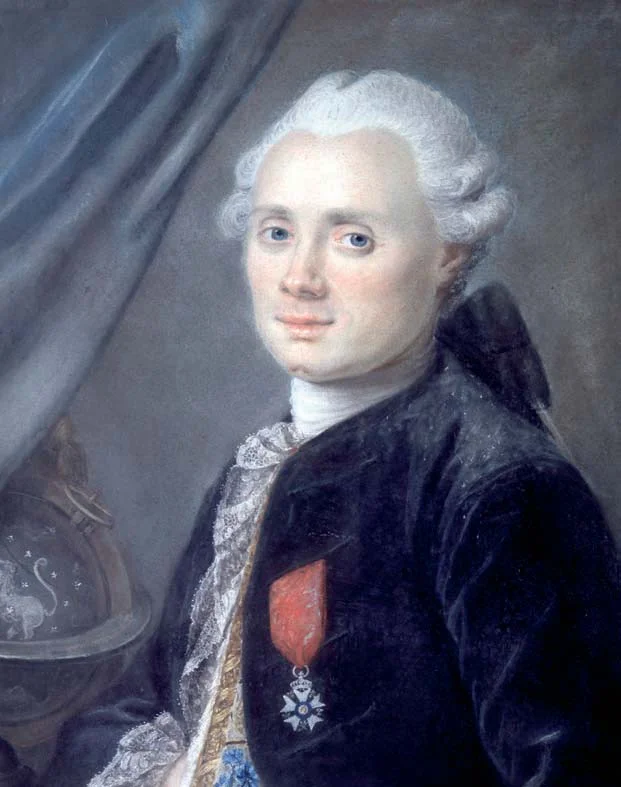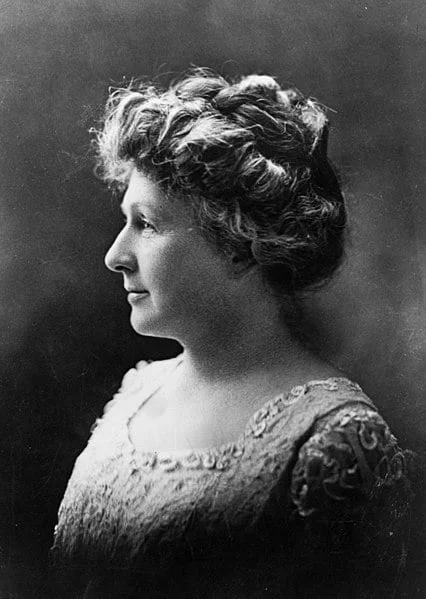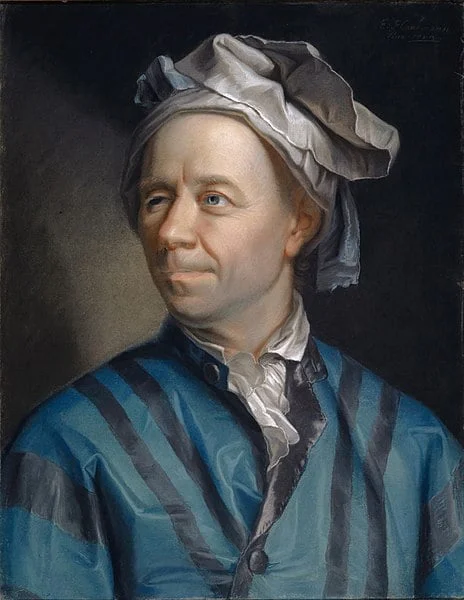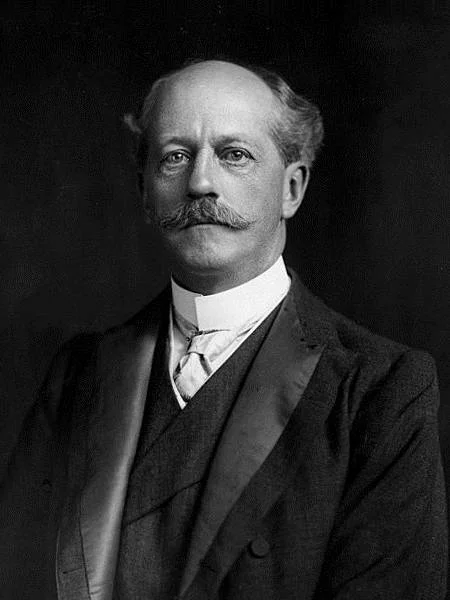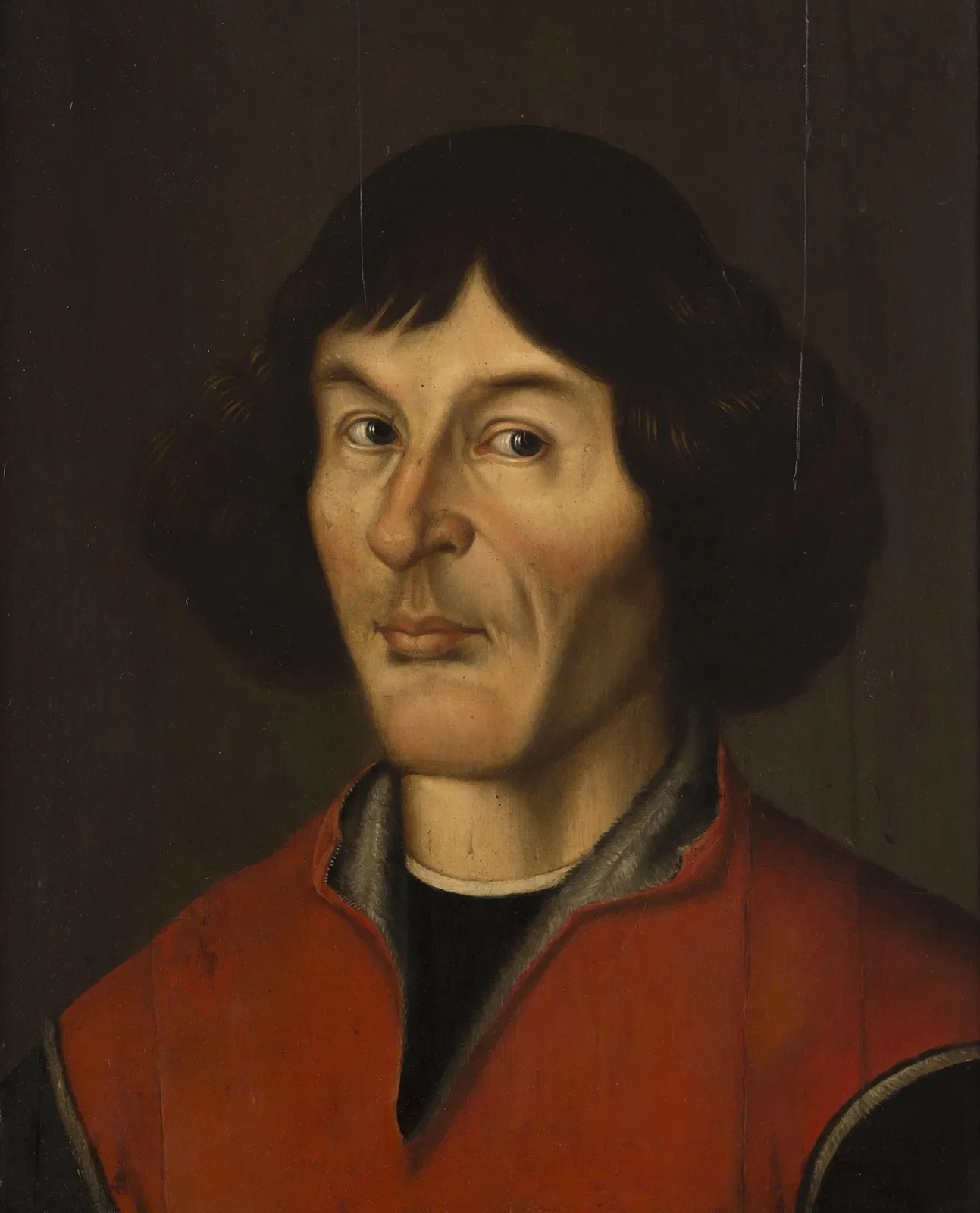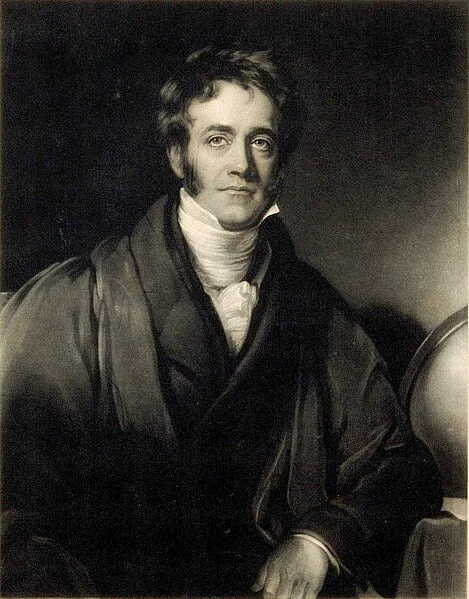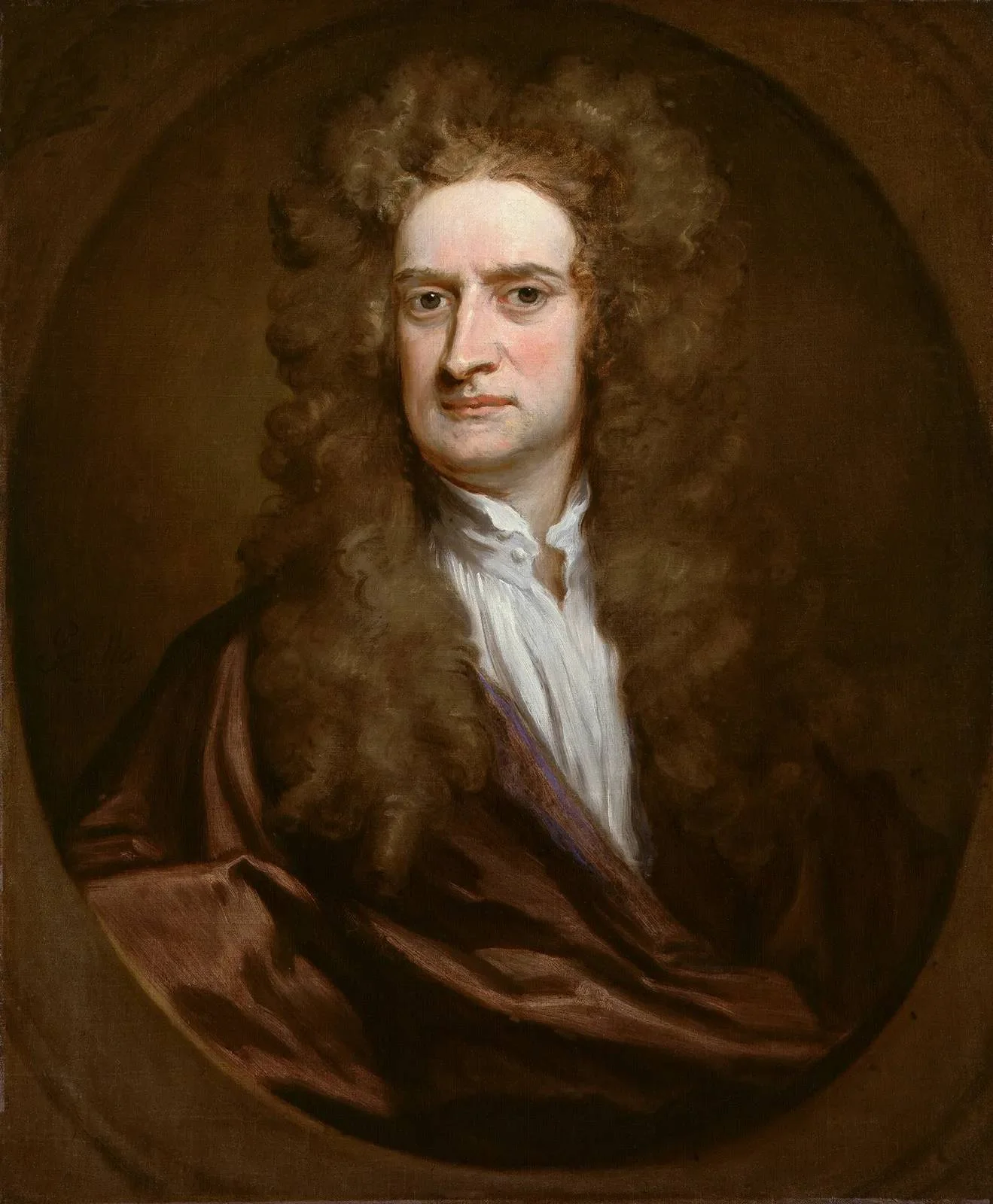Real Celebrities Never Die!
OR
Search For Past Celebrities Whose Birthday You Share
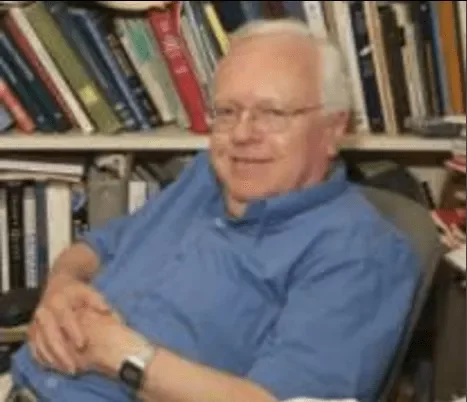
source:researchgate.net
Brian G. Marsden
Birthday:
05 Aug, 1937
Date of Death:
18 Nov, 2010
Cause of death:
Bone marrow disease
Nationality:
British, American
Famous As:
Astronomer
Age at the time of death:
73
Brian G. Marsden's Quote's
Early Life: A Passion for the Stars
Brian G. Marsden was a visionary in the field of astronomy, a man whose keen intellect and relentless curiosity reshaped our understanding of minor planets and comets. His work, spanning decades, not only advanced the science of celestial mechanics but also left a lasting impact on how we classify and study objects in our solar system.
Born in Cambridge, England, in 1937, Brian Geoffrey Marsden displayed an early fascination with the mysteries of the universe. He attended The Perse School, where his academic excellence set the foundation for his future in astronomy. He continued his education at the University of Cambridge, where he immersed himself in celestial mechanics, a field that would define his career. His thirst for knowledge led him across the Atlantic to Yale University, where he earned his Ph.D. in astronomy, cementing his expertise in the study of orbital dynamics.
A Career Among the Stars
Marsden’s career took off when he joined the Smithsonian Astrophysical Observatory, a hub of astronomical research that would become his professional home. It was here that he took the reins of the Minor Planet Center (MPC), the global authority responsible for tracking and cataloging asteroids, comets, and other small celestial bodies. As its director, he spearheaded efforts to modernize and computerize the MPC, ensuring that astronomers around the world had accurate and up-to-date data on the orbits and characteristics of countless celestial objects.
His meticulous calculations and groundbreaking work on cometary and asteroid orbits earned him widespread recognition. He was instrumental in refining the orbits of numerous comets and minor planets, contributing to both academic research and planetary defense efforts. His ability to predict the movements of these celestial wanderers made him one of the foremost experts in his field.
The Pluto Controversy
One of Marsden’s most debated contributions to astronomy was his role in the reclassification of Pluto. For decades, Pluto had been considered the ninth planet of the solar system, but by the early 2000s, new discoveries challenged that notion. Marsden was a key advocate for Pluto’s reclassification, arguing that its characteristics more closely aligned with those of other trans-Neptunian objects than with the classical planets. In 2006, the International Astronomical Union officially redefined Pluto as a dwarf planet, a decision that sparked global debate but was grounded in the scientific principles that Marsden championed.
Personal Life
Regardless of building an excellent career in astronomy, Marsden was a family man. He was married to Nancy Lou Zissell. The couple had two children together.
Legacy and Impact
Throughout his illustrious career, Marsden received numerous accolades in recognition of his contributions to astronomy. His name became synonymous with precision and dedication in tracking the celestial bodies that orbit our Sun. Even in retirement, he remained a respected voice in astronomical circles, offering insights and continuing to inspire future generations of scientists.
Marsden passed away in 2010 after battling a bone marrow disease, but his legacy endures. The work he pioneered at the Minor Planet Center continues to guide astronomers, ensuring that the movements of asteroids and comets are meticulously tracked for both scientific discovery and planetary safety. His impact on the field is immeasurable, and his passion for understanding the cosmos remains an inspiration to all who look to the stars.
Name:
Brian G. Marsden
Popular Name:
Brian G. Marsden
Gender:
Male
Cause of Death:
Bone marrow disease
Spouse:
Place of Birth:
Cambridge, England
Place of Death:
Burlington, Massachusetts, U.S.
Occupation / Profession:
Personality Type
Logicians: Innovative inventors with an unquenchable thirst for knowledge. Brian G. Marsden couldn’t help but try to solve all the mysteries of the universe and was known to analyze everything he came across.
He was the long-time director at IAU’s Central Bureau of Astronomical Telegrams and Minor Planet Center.
Asteroid 1877 Marsden was named after him.
Brian G. Marsden was awarded the Merlin Medal and Gift of the British Astronomical Association in 1965.
He won the Royal Astronomical Society Award for the Service to Astronomy and Geophysics in 2006.
He won the Walter Goodacre Medal of the British Astronomical Association in 1979.

